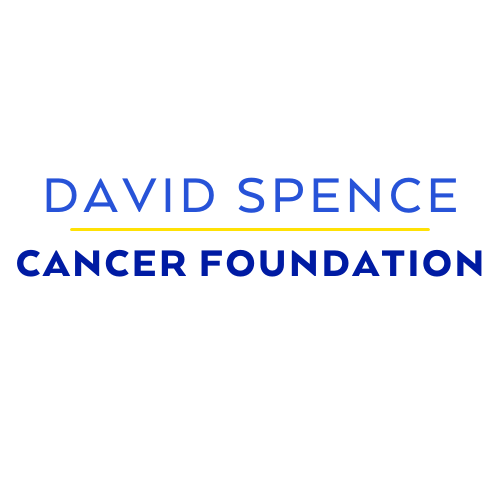Hello Friends,
We have achieved another a significant milestone in my journey, as I have surpassed more than 30 years of being a cancer survivor. I’d like to share with you my history. At the age of 22, just one week after receiving my diploma from college, I discovered I had Hodgkin’s disease, a lymphatic cancer. My next-door neighbor, Dr. Jack Monson, did my biopsy and had to share this horrific news. He was as devastated as I was; I think we were both in shock. The following years for my family were harrowing, as my parents and brother didn’t know if I would live or die.
Before the doctors could figure out my course of treatment, I had to go through a myriad of tests and a surgery. The operation was done to see how the cancer had spread and to take out my infected spleen. The surgery required a nine-inch cut through the vertical center of my abdomen. Following the surgery, I spent a week in the hospital in agonizing pain as my incised stomach muscles spasmed. It felt like a knife was being thrust into my stomach with each and every spasm. It was terribly painful.
A few weeks later I received my treatment regimen, which consisted of six months of chemotherapy. The chemotherapy was so intense that it would burn my skin if a drop touched it. My veins were barely able to handle the “medicine” and I had a constant burning sensation in my arm. After the chemotherapy treatments, I had to endure three months of radiation treatments. I was told that I received 10 times more radiation than the people in Hiroshima or Nagasaki. It was a grueling year, this being the first year of my “real life.”
Upon finishing treatment, I then took a frail emotional state and moved to San Francisco in September of 1989. My cancer returned just a month later and my prognosis was bleak. I wasn’t given much of a chance to live. The doctors decided to have me go through a bone marrow transplant. The odds of dying just going through this procedure were about forty percent.
Before I could even have the transplant, I had to go through intensive chemotherapy, which is almost impossible to describe. I would start throwing up within minutes of one of my many chemotherapy sessions. This would go on for an entire day. During that time I would be so dizzy and sick that I couldn’t function. It was quite awful - and this just so I could then go through a very experimental transplant where suffering was the least of my worries.
I entered the transplant center at the University of Nebraska Medical Center in April of 1990. It was a tortuous process where extremely intense chemotherapy was administered to kill the cancer cells. Unfortunately my blood cells would be killed as well. The bone marrow was then put back into my body and I would wait to see if my system would start producing the good blood cells again. This time was a period of indescribable and relentless nausea, mouth sores, fatigue, and pain.
Through the window of my room, across the street, I could see a cemetery. It was a stark and ever present reminder of what was at stake. And it became an ever-present reality that loomed over me. Many times during the long, lonely nights, I would hear a buzzer go off and the nurses racing through the hallway. I knew someone was dying. I also knew it could be me at anytime.
I was in my hospital room for about five weeks. In May, I was released. A couple weeks later I went in for an MRI to see if I still had cancer, to see if I was to live or die. I was lucky and grateful to get a positive result.
The post-transplant process had many tribulations as well. I wondered if, or when the cancer would return. I tried not to think that way, but it was impossible not to and it loomed over me like a gun pointed at my head.
It has been an arduous journey.
"The great news, is that I am living proof that medicine and research matter. It IS the difference between life and death. So many people have benefited from this research and I felt the need, privilege and responsibility to give back to this cause."
BUT, the good news, the great news, is that I am living proof that medicine and research matter. It IS the difference between life and death. So many people have benefited from this research and I felt the need, privilege and responsibility to give back to this cause. I wanted to be in a position to help patients, families and care givers battle this disease medically, financially and emotionally. For these reasons, I started a non-profit organization called the Cancer Fund, which is now known as the David Spence Cancer Foundation.
I know all too well the devastation caused by cancer and it’s my time to help others.
Thank you for being in this fight with me. We are making a huge difference in the lives of cancer patients and their loved ones. It is an absolute privilege to be the steward of your money.
- David Spence


